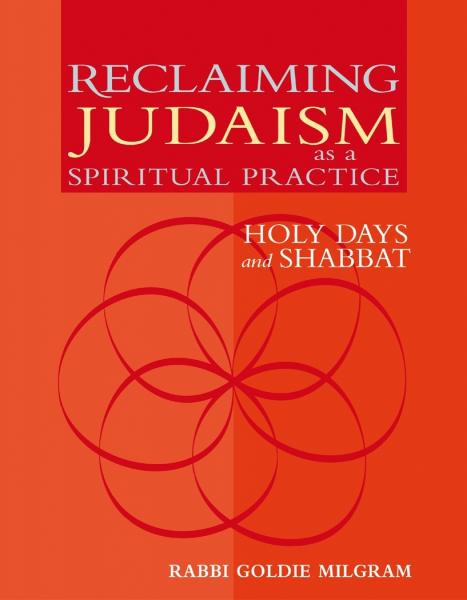Who is in the minyan of your life? Who is in your inner circle of friends and family?
This is one of the spiritual questions of Sukkot. While we focus on personal ethical transformation during most of the High Holy Days, Sukkot primarily takes place on our home turf, in the back yard or balcony, where we build that unique work of Jewish art - the Sukkah.
Even people who live in mansions go out into the yard and take their meals in the intentionally fragile sukkah. A sturdy sukkah is an oxymoron, in my opinion. We are taken to the root awareness of the impermanence of life deliberately by building a sukkah that can't stand all year.
While images of matters such as the earthquake disaster in Turkey bring this point dramatically into our eyes. The sukkah makes us sit in our awareness.
Rabbi David Wolfe-Blank, may his memory be for a blessing, noted that:
"A sukkah is like a filter and a huppah is like a lens."
The sukkah filters
in the rain and sun and shadow,
out those whom we invite over who don’t choose to come,
filters in who comes to be with us,
filters out issues of wealth, fancy furniture, door bells, access to electricity,
filters in hospitality and loving connections.
Yet, like a huppah (wedding canopy), our sukkah experience is profoundly impacted by who shows up to be in the minyan of our lives. Our support system isn't material, it's personal and inter-personal. Sukkah is about connections, our sense of being a part of nature, not apart from it. It is about our sense of being in The One and how this is both a challenge and a blessing.
Forecasters suggest that we are leaving the information age and entering the age of relationship. Information without relationships accomplishes very little. Sukkot speaks to this, as it comes immediately after our efforts at teshuvah, at transformation of negativity in relationships into solid work for healthy, healing, good connections.
Who is the first person you will invite into your sukkah? I try to choose someone with whom I have done a conscious process of teshuvah during the past year. Now, God-willing, we are ready to be re-integrated into each others' lives. Not every one of my evolving relationships will be "on-line" sufficiently for this Sukkot, some will take years. Ultimately, when we do get together for this sacred season, our sukkah time together won’t be about processing our issues, it will be about celebrating life.
And you might say, as we pass the lulav and etrog to each other, that we will shake on it.

Learn more about Jewish holy days
in Reclaiming Judaism as a Spiritual Practice;
Holy Days and Shabbat by
Rabbi Goldie Milgram